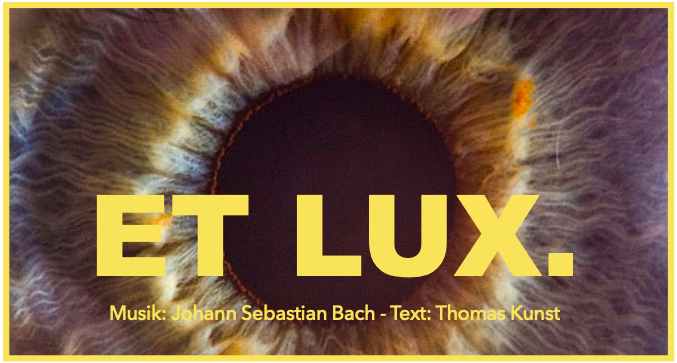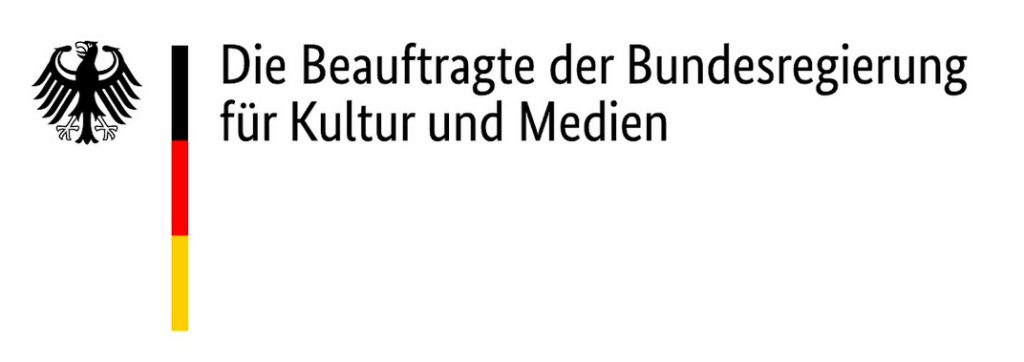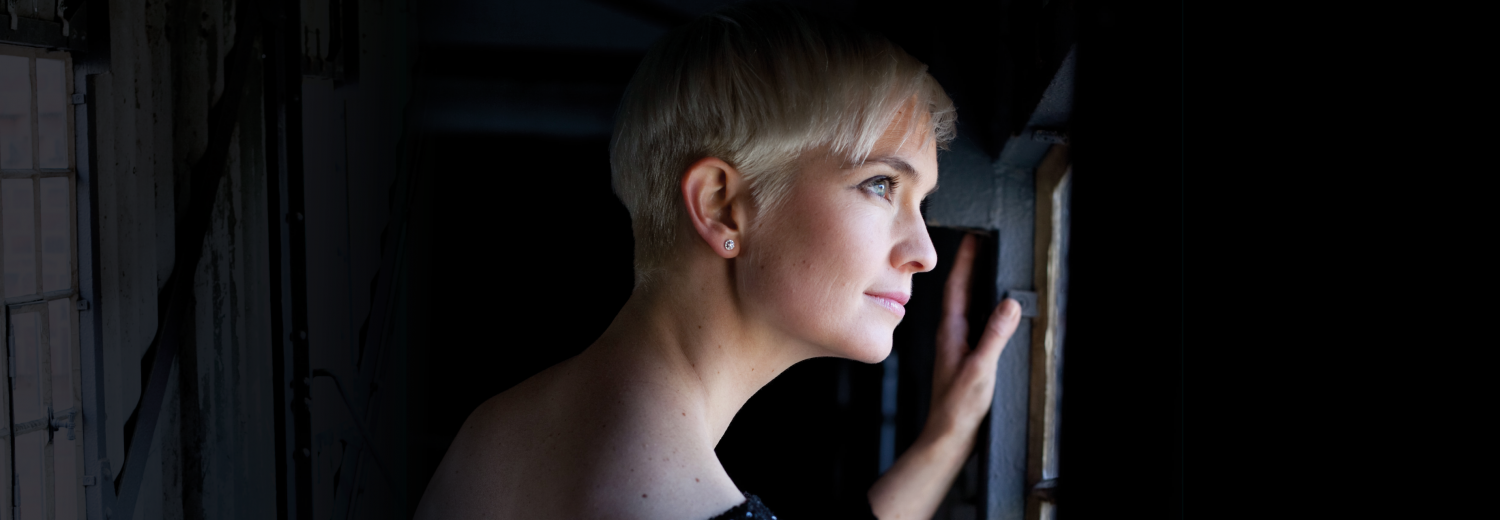
A requiem by JS Bach?
Yes - but not quite. At the beginning there was the observation: Arrangements of Bach's music exist in all possible shades. But what about the texts?
The texts of Johann Sebastian Bach's church cantatas must undoubtedly be translated by the listener, both in terms of individual words that have long since fallen into disuse, and in terms of content. Together with the Berlin based conductor Jakob Lehmann I asked myself what would happen to Bach's compositions if it were not the music that was brought into the 21st century, but the texts. The basic questions addressed in the church cantatas - where do we come from, where are we going, how do we want to deal with our fellow human beings - have not changed, but the wordings and weight of these questions have.
Even if the longing to "leave the vale of earthly tears" is not the same as in Bach's time, and the subject of death and dying has been pushed out of modern society as far as possible, it still affects us, of course. As a society, we strive to gain maximum control over our entire lives, from prenatal diagnostics to intensive care to the discussions on the question of active euthanasia. At some point, however, the moment of letting go will be there for each of us, both for the dying person and for those who are left behind. We have no universal answers to the how, the when, or the why; we can only ask questions and ponder them. While we ask, doubt, or hope in the texts, the answer to all these questions lies - palpable but intangible - in Bach's music.
So what did we do? - two years of phone and zoom calls, writing, thinking, trying things out. All this time accompanied by the question of what on earth we were actually thinking entering the workshop of the greatest of all composers just like that.
The idea came to life, as it does so often, with a "we really need to do something together!" - that was then. In another world, before Corona. The "something" could have been anything at this point, an operetta evening or a concert with Schönberg String Quartet op.10.
Then the great thing happened. The reason why I keep realizing "projects" despite all the time and nerves it takes every time: inspiration. There's no other way to call it - for the life of me, I can no longer trace the path "ET LUX." took in the beginning. What I do recall, however, is who is responsible for the fact that we really pulled through: Christoph Drescher, the artistic director of the Thüringer Bachwochen. I told him about the basic idea and his reaction was "do it - I'll hire you when it's ready".
We wanted to conceive a "new", evening-length work from individual movements of Bach's church cantatas, according to his own procedure in parody (Bach himself, after all, "second-handed" many of his compositions, both adding other texts and reworking them musically). This gave rise to the idea of using the poet Thomas Kunst to include him. His name was suddenly there - after many years of not thinking of him even once. An inspiration. I didn't even really know him, my husband had only told me about him occasionally. He knew him from the time when he was writing his doctorate at the National Library. Not only did I not know him - the public didn't either. Both has changed since then, because in his answer to my inquiry (the first, spontaneous reaction was "no way do I dare approach Johann Sebastian Bach!" then, fortunately, he let himself be convinced) he told me that his second novel "Zandschower Klinken" bald bei Suhrkamp erscheinen würde. Dieser Roman hat Furore gemacht, ging durch alle Feuilletons und war auf der Shortlist des Deutschen Buchpreises 2021. Wärmste Leseempfehlung an dieser Stelle!
After many, many hours, endless lists, spreadsheets, trial playlists, WhatsApp messages, phone calls and zoom meetings (by now we were in lockdown), the first hurdle was cleared: we had a piece from a single mold. A work of choruses, chorales, recitatives and arias, coherent in dramaturgy and harmonic and musical sequence, for a quartet of singers and orchestra. That was the first moment of some relief for me, the thought "what if we fail gloriously?" was my companion somewhat less often.
How should a text be created for music that already existed? For we had resolved not to interfere with the composition. Bach's music was to remain untouched. A new, endless puzzle. Given number of lines and even syllables, emphasis in the phrases, weighting of the individual words, musical mood. Then not simply paraphrasing the content of the text but Thomas' very own lyricism, his thoughts. A suffocatingly tight corset for a poet and a gigantic challenge. I was quite worried... that glorious failure of the project was still very much in the realm of the conceivable, but quitting never was.
Then there was this moment - Thomas sent me the text to a recitative, I put notes and text together... and it was good. It was really good. Since then, worry has completely given way to anticipation. Many, many hours followed at the desk and at the piano, voice messages and versions of the text distribution were sent back and forth, there a wrong stress, here unfortunately a missing syllable... uncounted versions of "Text_ET_LUX.finished_version3_final"...
Jetzt ist es fertig. Die Partituren und Orchesterstimmen sind geschrieben, „ET LUX.“ ist in der Welt. Am 1. Mai 2022 durften wir erleben, wie sich dieses neue Werk tatsächlich anfühlt. Und wirklich, es ist ein Stück geworden, als hätte es nie anders sein können! Und ich darf sagen: selten habe ich ein so regungslos lauschendes Publikum erlebt, selten so überschwängliche Reaktionen von den mitwirkenden Kolleginnen und Kollegen. Die Uraufführung (das Abschlusskonzert der Thüringer Bachwochen) wurde mitgeschnitten, der Video-Stream ist weiterhin abrufbar unter folgendem Link: Uraufführung in der Herderkirche Weimar. In der zweiten Aufführung am 3. Mai 2022 im Theater im Delphi in Berlin ist ein Trailer entstanden. Und es wird die Möglichkeit geben, „ET LUX.“ live zu erleben – im Bachfest Leipzig 2023 wird es eine Aufführung geben, weitere sind in Planung.


